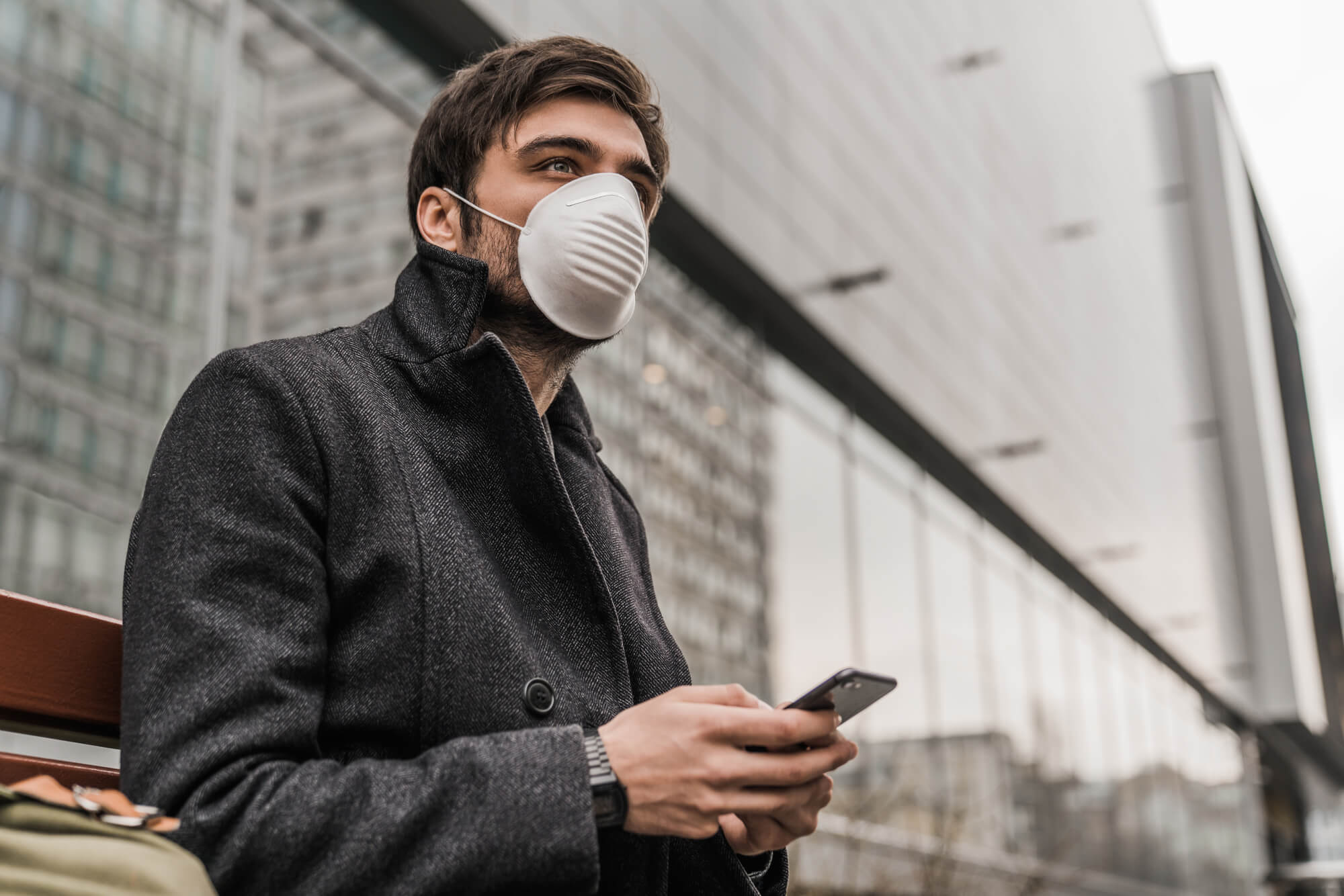COVID-19 and Low Testosterone: Research Associates Decreasing Levels With ICU Admissions Increases
As the COVID-19 saga continues, medical experts have observed a wide variety of potential co-occurring health consequences, one of which involves low testosterone.
A recent study has produced data that shows COVID-19 could deteriorate testosterone levels in men hospitalized from the infection and increase the likelihood of ICU admission.

COVID-19 and Low Testosterone: The Research
Scientists from Turkey’s University of Mersin and the Mersin City Education and Research Hospital retroactively studied the cases of 232 male research subjects, all of whom were confirmed positive and hospitalized with COVID-19. As these individuals suffered significant decreases in their baseline testosterone levels while hospitalized, the probability for admission to the ICU (intensive care unit) increased significantly.
Some additional results that were revealed in this study are as follows:
- ICU patients who died from COVID-19 had significantly lower testosterone levels compared to those who didn’t require ICU-level treatment
- Of the 24 patients who had low testosterone before being diagnosed with COVID-19, serum total testosterone level decreased even further compared to their pre-COVID-19 levels
- 65.2% of the 46 asymptotic male patients suffered a significant loss of libido (a common sign of Low T)
All of this would lend evidence to the hypothesis that COVID-19 deteriorates men’s testosterone levels, putting them at risk for increasingly severe health issues and in need of more drastic treatment measures.
COVID-19 and Low Testosterone: The Bigger Picture
Studies correlating low testosterone with infection-related hospitalization and all-cause mortality in male in ICU patients are already on record, so the conclusions reached by the Turkish researchers aren’t particularly surprising.
Testosterone plays such an important role in many of the body’s critical functions, including the immune system and respiratory system. Medical experts have long suspected that low testosterone levels could contribute to co-occurring chronic disease (also referred to as comorbidity or multimorbidity) resulting from the interruption of these systems, such as:
- Insulin resistance
- Obesity
- Type 2 diabetes
- Osteoporosis
- Erectile dysfunction
- Anemia
- Metabolic syndrome
- Cardiovascular disease
(Click to learn about the connection between Low T and COPD, a chronic lung disease.)
There’s concern that these decreases in testosterone could compromise men’s overall health, worsening men’s condition during hospitalization for COVID-19 infection as well as increasing the likelihood of serious health problems down the road.
The silver lining is that evidence connecting low testosterone and COVID-19 could open the gateway to research that would investigate the use of Testosterone Replacement Therapy (TRT) to improve clinical outcomes in male COVID-19 patients, an idea expressed by the study’s authors:
“It could be recommended that at the time of COVID-19 diagnosis, testosterone levels are also tested. In men with low levels of sex hormones who test positive for COVID-19, testosterone treatment could improve their prognosis. More research is needed on this.”
Learn the Benefits of Healthy Testosterone Levels
The evidence compiled by the medical community becomes more and more convincing as time goes by—chronic low testosterone is part of a spiral of poor physical health, but the overall risk of premature death due to overall poor health and comorbidity may decrease when testosterone levels are maintained within a normal range.
The most effective way to restore and then maintain healthy testosterone levels is Testosterone Replacement Therapy (TRT).
For more information on the health benefits of TRT and the treatment options available, we recommend reading our comprehensive guide, which contains key facts and answers to the most common questions about the treatment of low testosterone.
